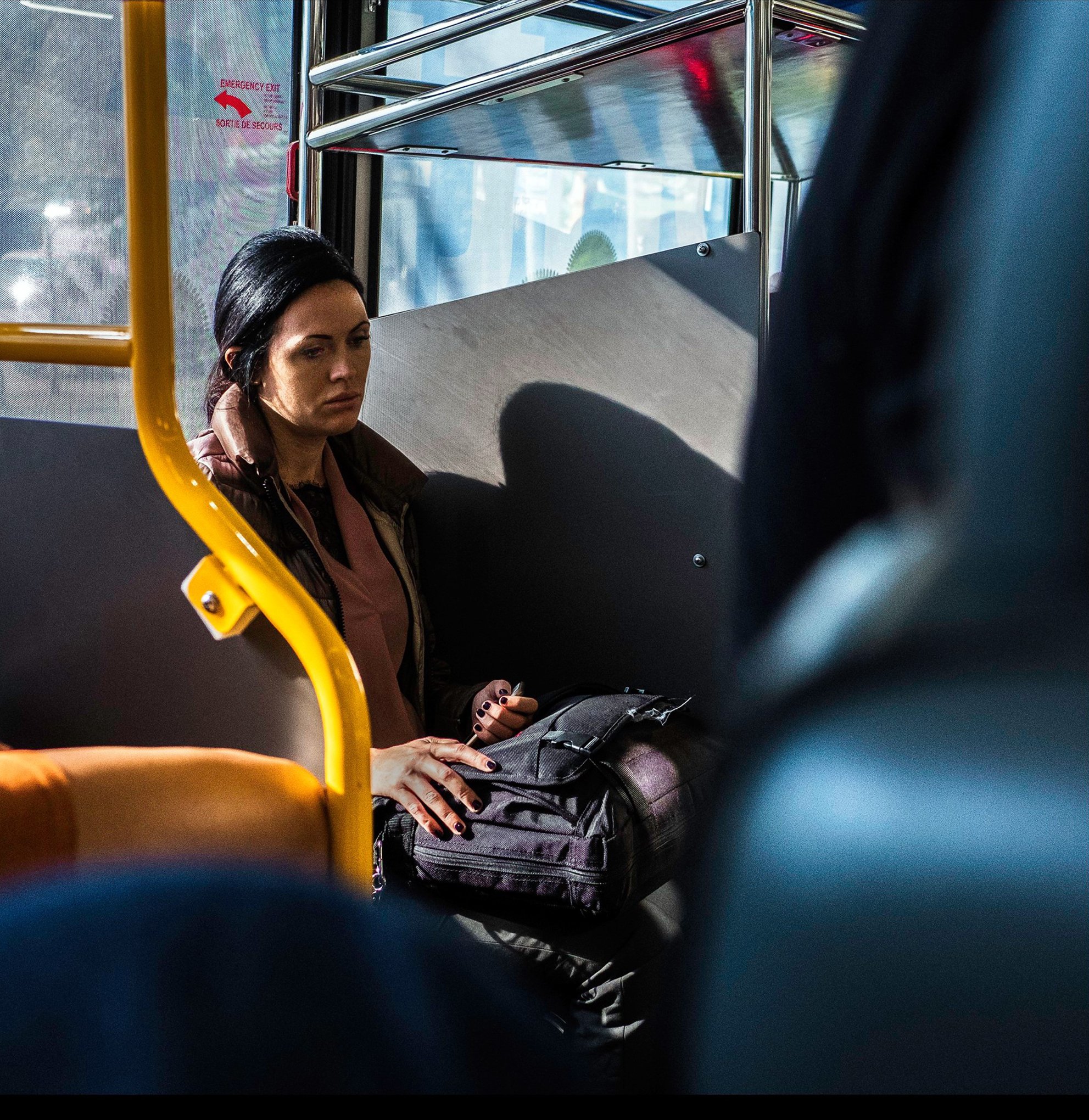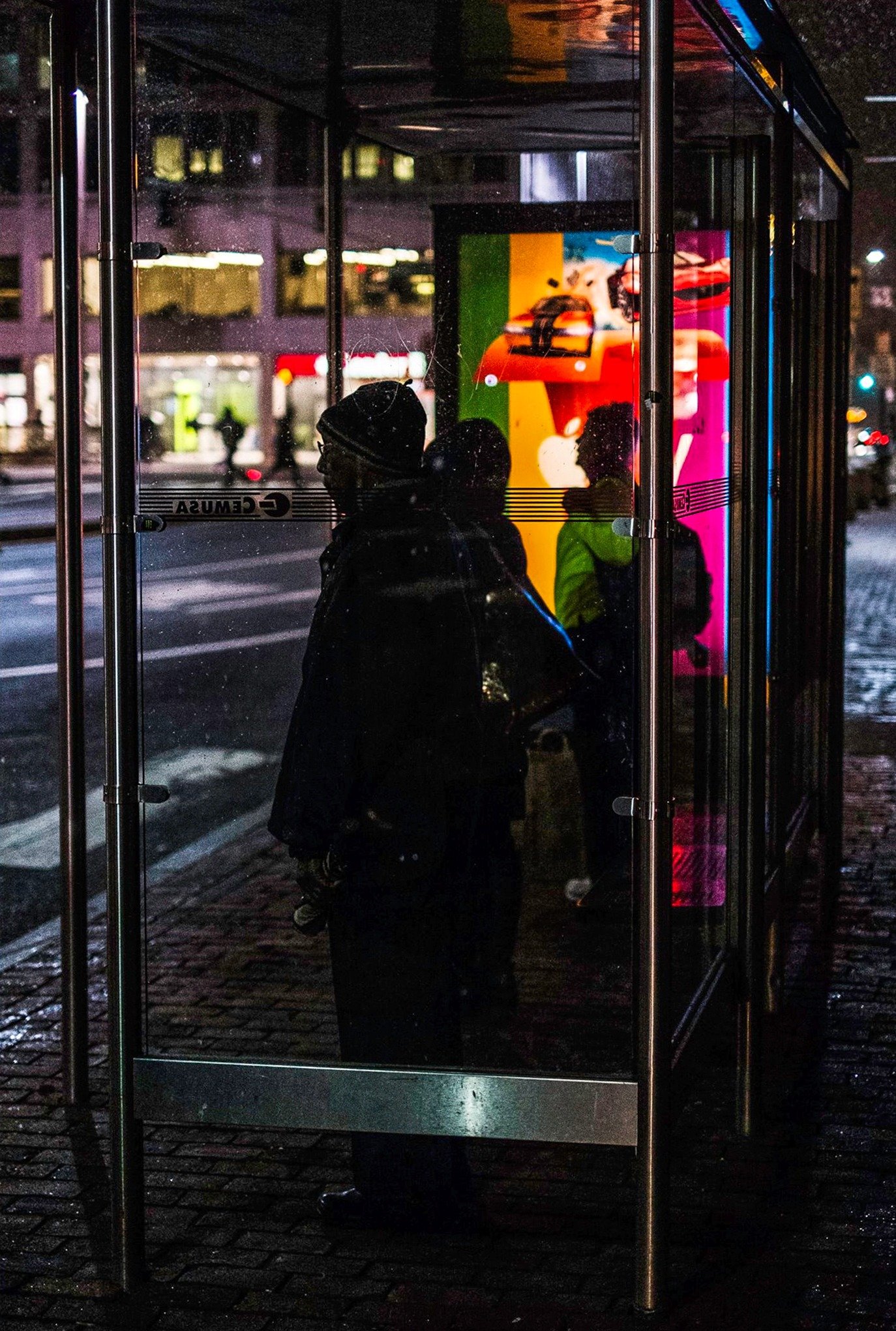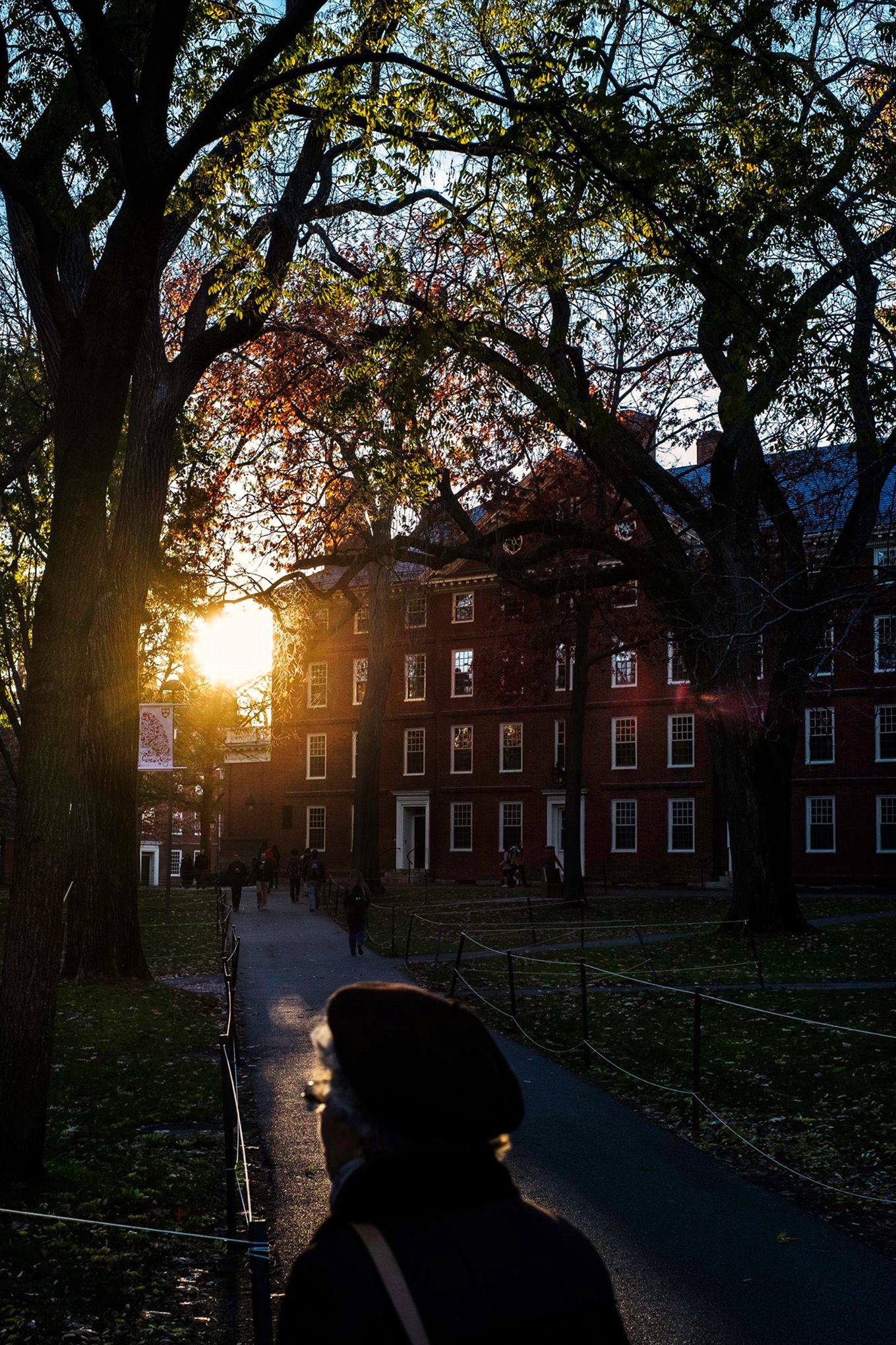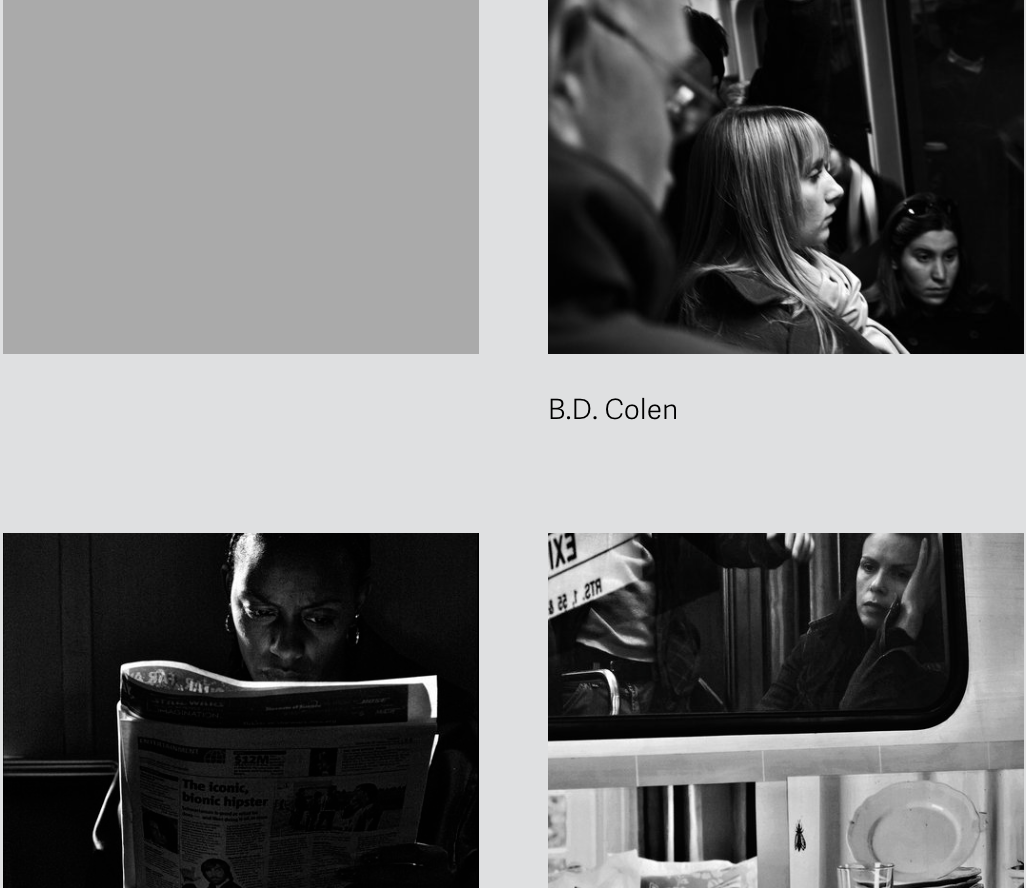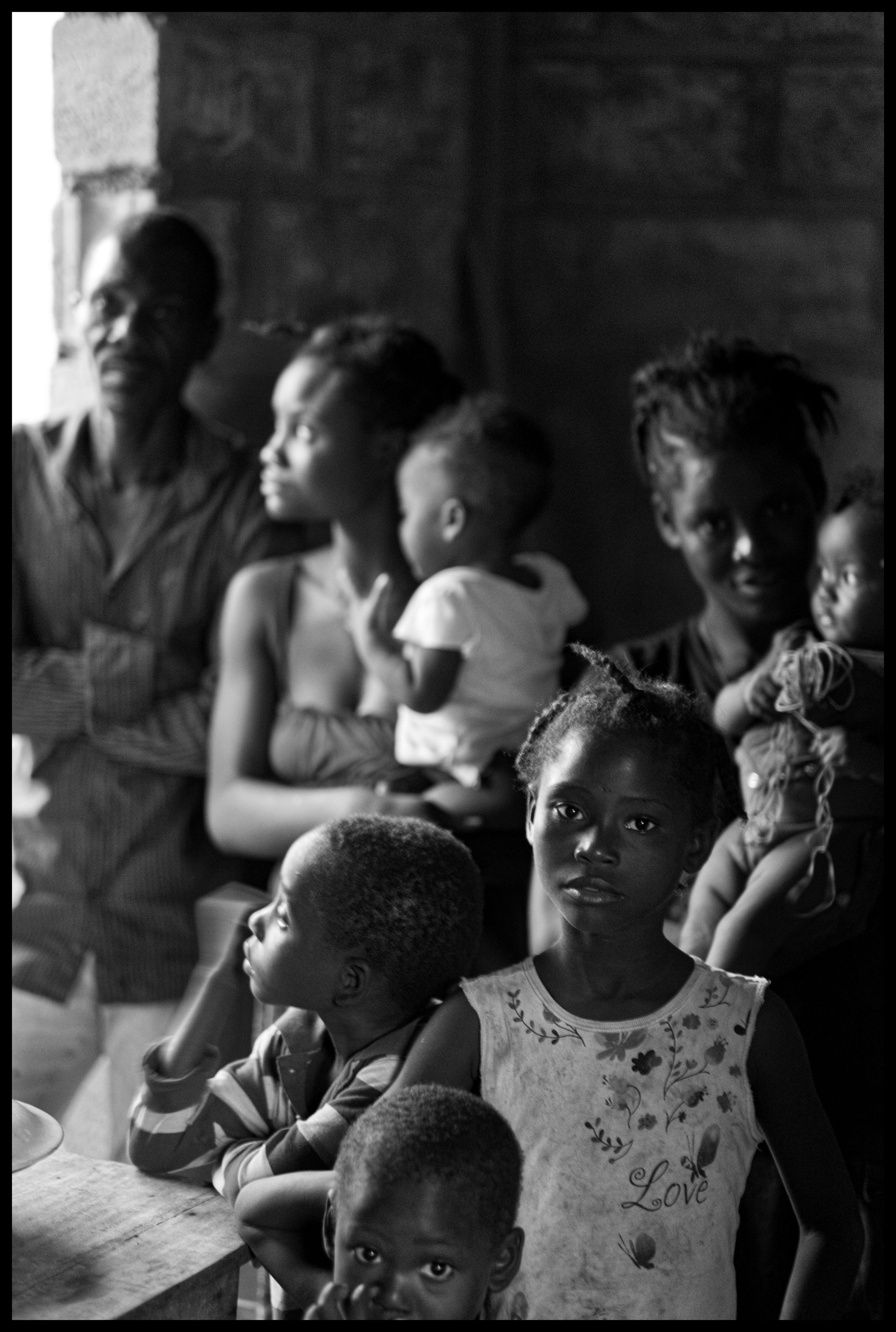B.D. Colen
the photographer of solitude
B. D. Colen, an American permanent resident of Canada who describes himself as a photographer of life lived, received his first camera as a present for his tenth birthday, and has been photographing for the 66 years since. He began photographing professionally in 1963, working without pay for a weekly newspaper near his home in Connecticut. That summer, five days after his 17th birthday, he photographed and reported for that paper on the historic March on Washington for Jobs and Freedom, the massive civil rights demonstration best known as the event at which the Reverend Martin Luther King, Jr., delivered his “I have a dream” speech.
Colen’s intent to make photography the focus of his professional life was sidetracked his first day at George Washington University, in Washington, D.C., when the editor of the student newspaper asked him if he knew how to write a news story. He did, having spent the summer of 1965 as the sole reporter/photographer for a weekly paper on the coast of Maine, and though he continued to photograph for himself for 23 years after his college graduation, he worked as a newspaper reporter, editor, and columnist, first for the Washington Post for a decade, and then for Newsday, outside New York City, for 13 years. For 17 of his years in daily journalism, B. D. was a medical writer, with a special emphasis on death and dying and other bioethical issues. Colen shared a Pulitzer Prize for reporting in 1984, and in addition to his newspaper work, wrote about 10 published books, all on medicine or medically related subjects. In January, 1990, toward the end of his time at Newsday, Colen was sent to Somalia to cover the last days of the famine in that East African nation as a medical story – and he also photographed. Looking at the contact sheets of the dozens of rolls of film he shot on that trip, says Colen, reminded him how much he loved photography, and that he wasn’t “half bad” at it.
Three years later, Colen left daily journalism, and began another 23-year career period, this time in academic and medical public relations, based in Boston. At various times he was director of media affairs for Harvard Medical School, Director of Communications for the Dana Farber Cancer Institute, and for the last 11 years of his career was the Senior Communications Officer for University Science, at Harvard University, in which capacity he served as Director of Communications for the Harvard Stem Cell Institute. During those years in PR Colen made photography part of his communications work, and did freelance photography for publications including The Boston Globe, The Christian Science Monitor, Time magazine, The New England Journal of Medicine, and numerous other publications, editorial clients, corporations, and private individuals. Colen also created a business called “A Day In Our Life…,” offering day long – and in some cases, multi day, all candid, shoots of families. Additionally, he did documentary –not “documentary style,” wedding photography. Because of the quality of his work, for several years Colen was a member of the Olympus corporation’s photographing “Visionary Group.”
In 1999, B. D. Colen began teach science feature writing at the Massachusetts Institute of Technology – MIT, and from 2001 to 2018 he taught documentary photography there as well. For several years he also taught both feature writing and documentary photography at the Harvard University School of Extension Studies.
Colen retired form Harvard and moved to London, Ontario, Canada, in the summer of 2016, but continued teaching documentary photography at MIT, commuting weekly from Ontario to Cambridge, Massachusetts. He also taught documentary photography to small groups of adults in London, setting up the Dinning Room School of Photography in, yes, his dinning room.
B. D. Colen continues to photograph whatever moves him to focus his digital and film cameras. He has three adult children and a granddaughter who live in the U.S. His oldest son, Ben Colen, is a highly respected and well known skateboard photographer, and has been since his days as a high school student. His daughter, Alicia Colen, is a director of the Howard Greenberg Gallery, in Manhattan, one of the leading galleries specializing in 20th century photography. And his youngest son, Nick, is a graphic artist. Colen’s wife, Patti Colen, a native of Halifax, Nova Scotia, is a fiber artist and photographer.

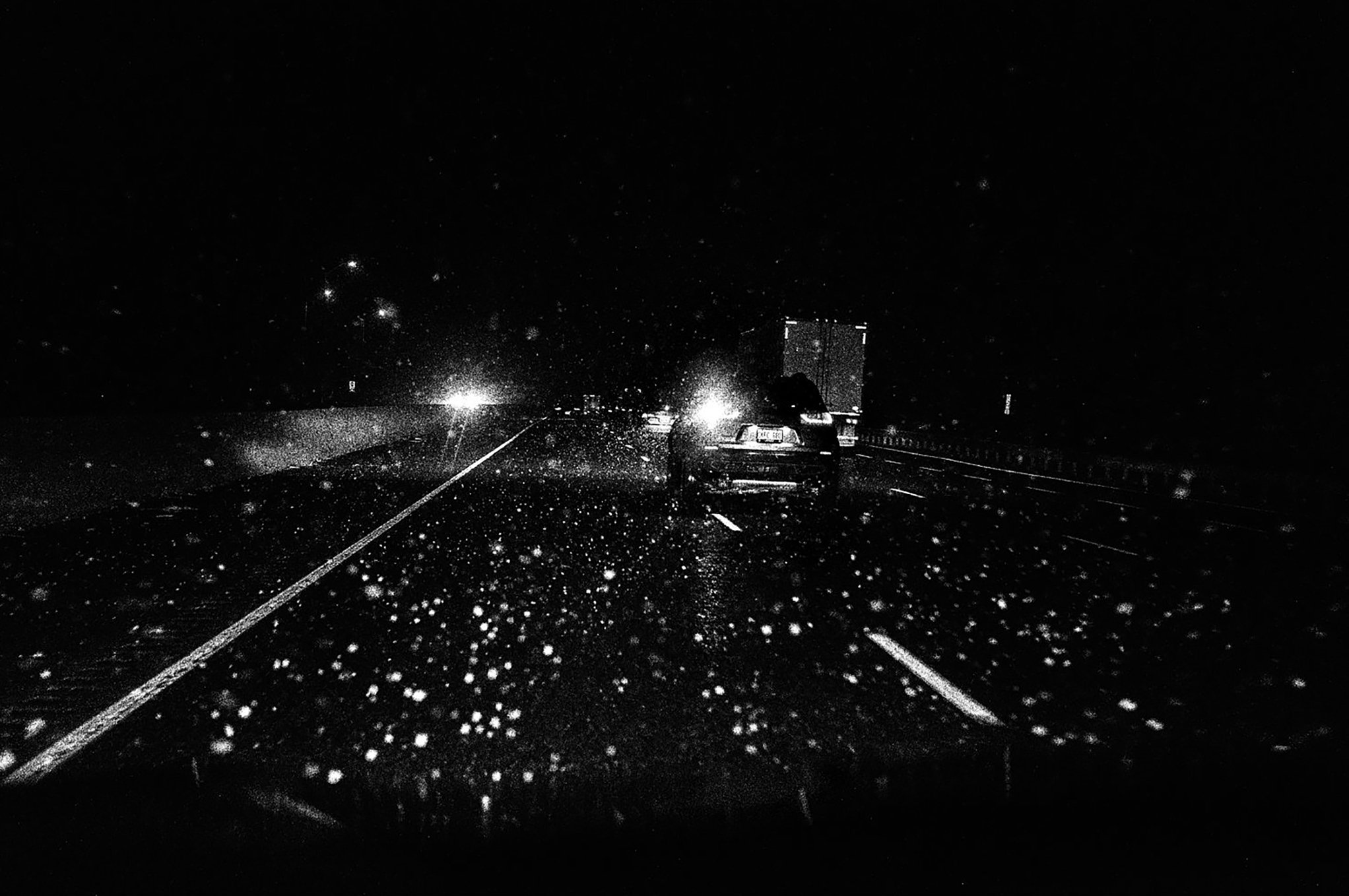
I strive to be unobtrusive, and am not interested in engaging with the strangers I photograph because if I do engage with them, the photographs I would then make are no longer representations of observed reality.
I am drawn to photographing people living their lives, whether on the street, in restaurants, etc., or in private homes, probably because I am interested in people. I’m sad to have to say that I think the term “street photography” has lost its real meaning, and has largely been taken over by hipsters who treat it like big game hunters on safari,
B.D. Colen Third Places – Series Street Categories
The series of B.D. Colen tells us simply about our travels on public transport. A simple issue faced by many. He does it by focusing on the particular and always choosing a protagonist who isolates among others, with a sensitivity that makes us think of analogue shots.
Batsceba Hardy


